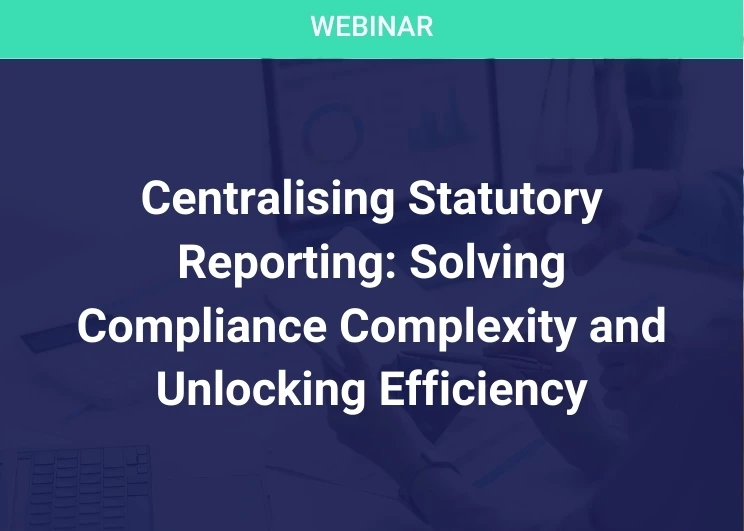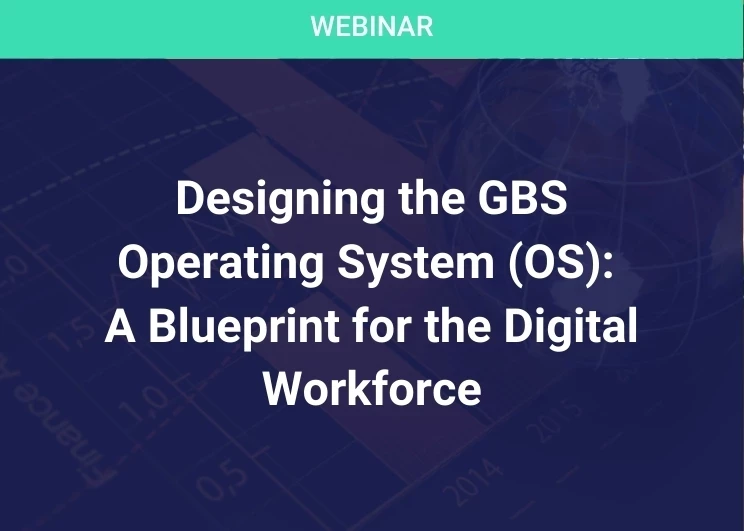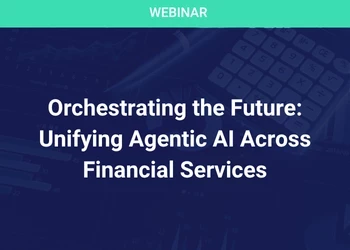Developing a Shared Services Culture at Agilent Technologies
Add bookmarkWhen setting up a new Global Shared Services Hub in Gurgaon, India, in 2002, Agilent was faced with a dilemma: how to introduce a culture into a brand new organization staffed almost entirely with brand new, locally recruited staff who were not familiar with the Agilent culture. In this article, Dave Goffredi explains how the Gurgaon operation succeeded in developing a unique GFS culture, reflecting an understanding of geographic and country-specific traits; customer and quality-oriented care, and company-specific vision.
Agilent Technologies began to develop its global financial shared services model (moving from a geographic financial shared services model) in 2000. At that time, Global Financial Services (GFS) identified global process owners, even while service delivery was occurring in a geographic model. The Global Process Managers began to form global teams with representatives from all geographies. Then, in 2002, GFS announced a plan to develop a Global Hub in Gurgaon, India. This was to be an Agilent center (Agilent people at an Agilent site), but with a brand new staff hired in India.
These changes provided multiple "opportunities" around building global teams and a new global center and how to develop a new shared services culture. The culture needed to consist of multiple facets:
- Company
- Geographic/Country
- Customer/Quality
Company Culture
For company culture, GFS started with generic HR-type training that is provided to any new employee anywhere in the world (standards of business conduct, policies, processes, guidelines, resources and tools, etc.). However, with a growing employee base that was all new to Agilent, GFS had the additional challenge of not having a management team that already knew the Agilent culture from years of experience. GFS needed to add management training, assuming all the managers hired were new managers. GFS also had to train on how careers progressed at Agilent, and what is expected of all employees (vision, mission, values, ethics, etc.). Part of this involved working with employee groups on career plans and development opportunities. This is one area which GFS is continuing to develop: a "framework" for training for the Global Hub employees. GFS also had to have extra working and coaching sessions with the new Management team on the Agilent culture and how to use various motivational and development opportunities.
Agilent conducts an annual employee satisfaction survey that GFS uses to isolate key focus areas and to track improvements in these areas year to year. Agilent also uses focus groups to get more detailed information form employees and managers on some of the key areas highlighted by the surveys. In addition, GFS periodically conducts "pulse" surveys with employees. These are quick (4-6 questions) surveys regarding one specific area where additional input is desired from the employees, for example: based on quarterly accomplishment/development conversations with managers, development opportunities, communications, etc. These provide value feedback on how GFS is doing with the company culture and employee moral.
Agilent Technologies has demonstrated an ongoing commitment to people, recognizing and developing the talents of each individual. This focus on diversity and inclusion helps the company realize its full potential as it spawns a generation of new and diverse ideas. The company benefits from the innovation that results when people who have differing experiences, perspectives and cultures work together.
Agilent Technologies' personnel policies and practices are built upon a set of core values that include a strong belief that all employees should be treated with dignity and respect. Management reflects this. There is, for example, a Global HR Manager responsible for diversity and inclusion awareness (including brown bag lunch sessions hosted by people from different geographies/countries), training, and web based information and tools. GFS encourages all financial shared services employees to utilize these resources.
Geographic/Country Culture
As GFS began to hire employees in India, Agilent needed to have geographic/country cultural training as well. This is true for "both sides". The new employees in India needed to understand the countries and geographies they would be dealing with, and the other countries and geographies needed to understand the Indian/Asian culture. This is especially true of the "sending" teams that were training the new employees on the business processes. To this end, GFS leveraged work/training material that has been developed by other organizations in Agilent.
Agilent has also subscribed to a web-based cultural information site. A person can evaluate their style and how that style may align or differ from the country they are interacting with. The site also has information on many countries cultures, customs, business practices, tips on traveling to the country, history, holidays and more. Agilent employees traveling to new countries or hosting people from other countries are encouraged to utilize this website. Agilent also includes culture topics in the monthly Corporate Controllership newsletter. The articles are either on customs, holidays, or styles from different countries (some of which comes from the web site described above).
One of the lessons learned in building the Global Hub included the potential utilization of cultural consultants to help address/overcome cultural differences by planning ahead and not relying on "learning from experience". While Agilent certainly did its homework in preparing for the cultural issues, there were a few areas in which we were not as successful as hoped; these related to not knowing about some of the cultural differences, and thus being unable to prepare for them.
Customer/Quality Culture
The Gurgaon Global Hub has two major sets of customers: those internal to Agilent (employees and the Agilent businesses) and those external to Agilent (primarily Agilent product and service customers and suppliers). Both of these customers require specific customer cultural awareness.
For external customers, Agilent has developed appropriate customer service training. Specific topics include:
- Customer service philosophy
- Taking pride in customer satisfaction
- Maintaining a professional long-term relationship with customers
- Good oral communication skills
- Fact based discussions
- Good listening skills
Another key component relates to problem solving – how does the Shared Services Center solve a problem for a customer? The center's interactions are mostly on the phone so customer service training includes phone etiquette. Agilent also provides accent neutralization training in some cases to make the India's English sound more like that of the countries they interact with.
For internal customers, GFS leverages the basic customer service training as well as internal customer satisfaction surveys. These surveys help focus on key areas that the Service Center's internal customers feel need to be worked on. GFS has to do the surveys by Key Business Flows (KBFs) since the customers are all different, with different needs and concerns.
Part of the GFS culture is based on quality and innovation. GFS is training all employees on the basics of Six Sigma with more advanced training for some staff. This quality training also helps with a culture of customer focus (through actively pursuing and understanding the voice of the customer). GFS also has a tool for capturing and leveraging ideas submitted/implemented by employees. The peer to peer employee recognition and rewards program (part of the GFS culture) is used to reward the best implemented ideas every month.
Summary
As Agilent Global Financial Services developed the Financial Shared Services Global Hub in Gurgaon, India, Agilent addressed multiple aspects of culture; company, geographic/country, and customer/quality. Although GFS continues to offer multiple training programs, GFS also utilizes satisfaction surveys to monitor how the employees and customers are doing in this culture and continuously works to improve the culture and satisfaction of employees and the shared services center's customers. As the center matures, it become easier to demonstrate the culture as Agilent develops a core group of managers and employees that are "living" the Agilent shared services culture.
About the Author
Dave Goffredi
Communications, Quality and Global Programs Manager
Agilent Technologies, Inc
email: david_goffredi@agilent.com
David Goffredi is Senior Manager, Quality, Communications, Organizational Development and Program Management at Agilent Technologies, Inc. He started his career with Chevron Corporation where he spent 21 years designing, building, implementing and supporting Finance systems from both the IT and Finance organizations. With Agilent’s Global Financial Services (GFS) he has worked in various roles including program management, process engineering management and operations management. Currently, he is the Senior Manager for Quality, Communications, Organizational Development, and Program Management managing key programs around Six Sigma, communications (such as the monthly newsletter and the GFS website), rewards and recognition, job rotations, and the GFS Global Hub/Geographic Centers of Expertise alignment.





















